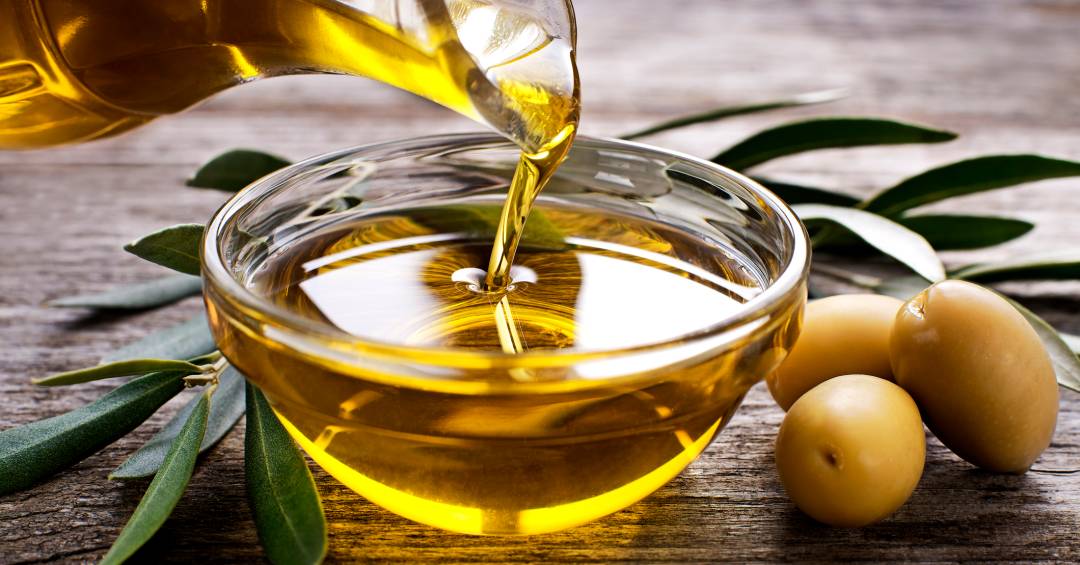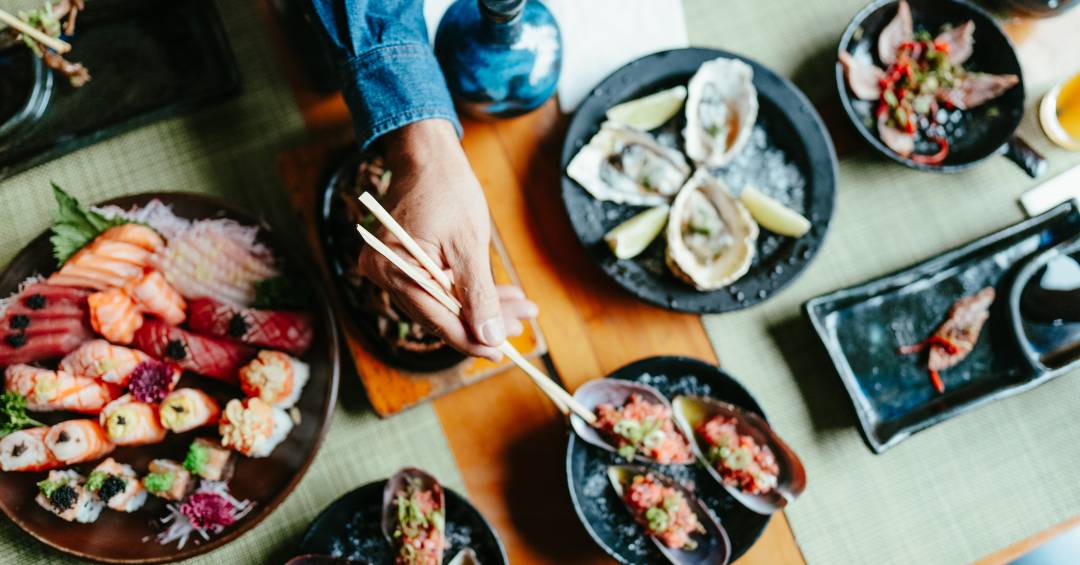
Brazil has 11 olive oil brands among the best in the worldaccording to the Flos Olei 2025 guide. The international ranking is now in its 14th edition and is considered one of the most important in the sector. For this classification, 500 olive oils from 56 different countries were analyzed.
The Brazilian who stood out most on the list was Prosperato, of Rio Grande do Sul, with 97 points. Alongside it was Fazenda do Azeite Sabiá, with properties in São Paulo and Rio Grande do Sul, also with 97 points. See the list of national brands that entered the ranking:
- Fazenda do Azeite Sabiá, São Paulo, 97;
- Prosperous, Rio Grande do Sul, 97;
- Estância das Oliveiras, Rio Grande do Sul, 90;
- Azeite Bem te Vi, Rio Grande do Sul, 89;
- Azeite Puro, Rio Grande do Sul, 88;
- Oliq Extra Virgin Olive Oil, São Paulo, 87;
- Verolí Olive Oil, Minas Gerais, 86;
- Essenza Winery, São Paulo, 86;
- Orfeu, São Paulo, 85;
- Al-Zait & Co., Rio Grande do Sul, 85;
- Olivas de Gramado, Rio Grande do Sul, 85.
How to choose olive oil on the market?
To choose a good olive oil, you need to read the labels and pay attention to the following factors:
- Manufacturing ingredients
In the list of ingredients, there should only be olives. Avoid those with added soy, sunflower, etc.
- Manufacturing date, not expiration date
Unlike wines, the more recent the production of olive oil, the better! The ideal is to purchase olive oil that is no more than 12 months old from its date of manufacture, as the older it is, the lower the antioxidant levels.
- Acidity and peroxide level
According to European Union legislation, extra virgin olive oil must have a free acidity, expressed as oleic acid, of up to 0.8g. The lower the acidity, the better the oil. The recommended acidity numbers are equal to or less than 0.5%, and peroxides less than or equal to 20mEq/kg.
Light harms the qualities of the oil, so it should not be stored in plastic or metal. A good tip is to always choose olive oil that is at the back of the shelf, away from light.
Choosing an olive oil that falls within the recommended classifications guarantees the consumer the full benefit of its consumption. This is because some products may have quality and procedures that harm the final result.
In addition to not fully complying with quality recommendations, olive oil with mixtures of oils will not be 100% pure. Furthermore, when stored in packaging that is not compatible with maintaining their nutritional properties, they generate loss of nutrients and result in reduced nutritional quality.



